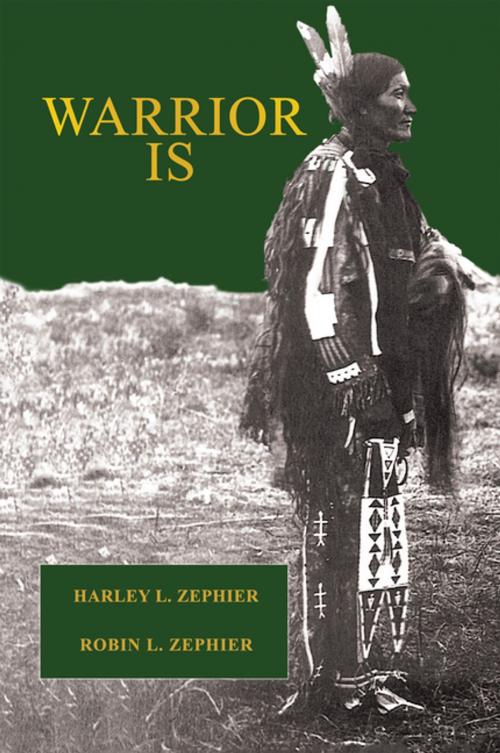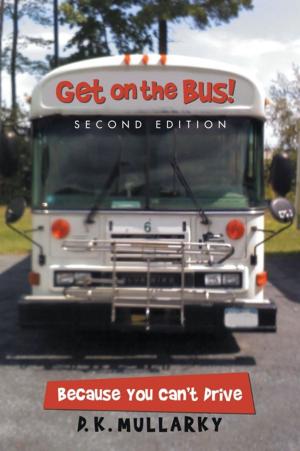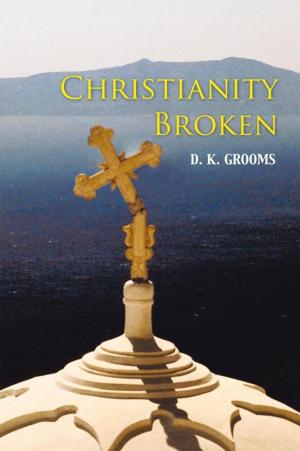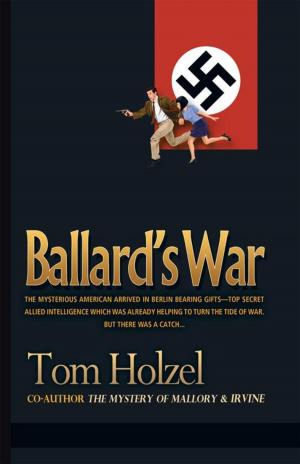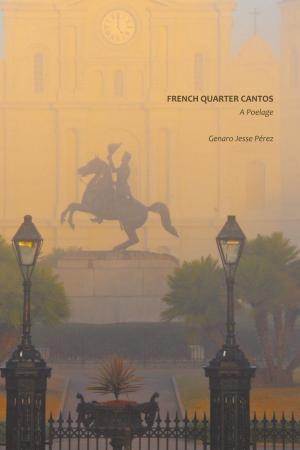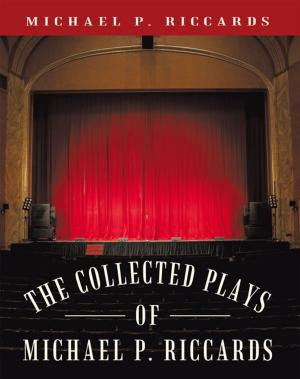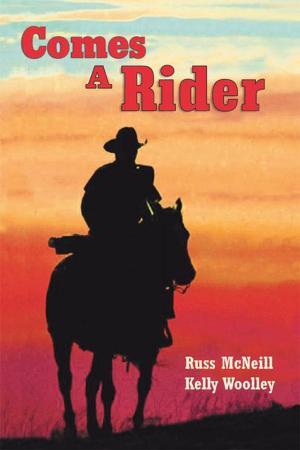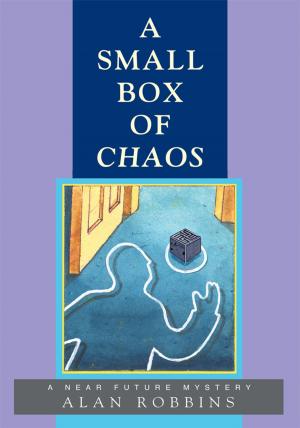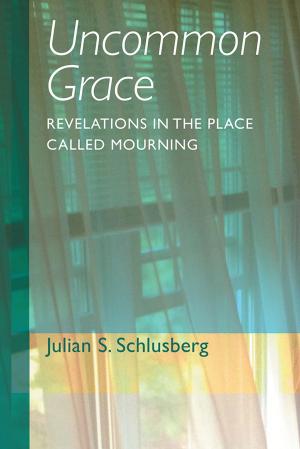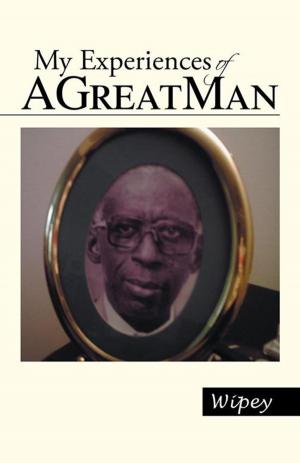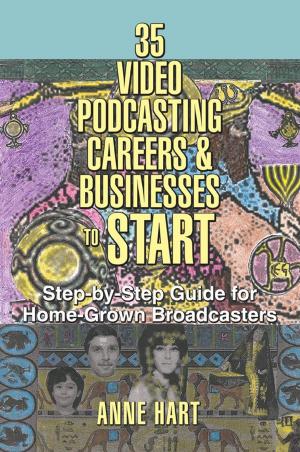| Author: | Harley L. Zephier, Robin L. Zephier | ISBN: | 9781532028557 |
| Publisher: | iUniverse | Publication: | September 22, 2017 |
| Imprint: | iUniverse | Language: | English |
| Author: | Harley L. Zephier, Robin L. Zephier |
| ISBN: | 9781532028557 |
| Publisher: | iUniverse |
| Publication: | September 22, 2017 |
| Imprint: | iUniverse |
| Language: | English |
The Greasy Grass Battle aka the Little Bighorn Battle on June 25, 1876 was an epic encounter and clash of cultures. The experience and display of warrior spirit resulted in the defeat of the Seventh Cavalry and Lt. Colonel George Armstrong Custer.
The world has searched for the answers to the questions of why, how and who else was also on the hill known as Last Stand Hill. Our book WARRIOR IS provides the answers to these questions. The coming battle ignites global interest and intrigue, to become a lasting inspiration for books, historical documentation, and speculation. Hundreds of thousands of people from across the world will visit the site of the conflict.
Tunkasila (Grandfather) was born in 1849 in He Sapa (the Sacred Black Hills of South Dakota). His name is Mato Niyanpi (Saved By Bear), his culture is Mnincoju of the Lakota Nation.
The origin of the Lakota begins with Wind Cave in He Sapa. It is here, where we left the Spirit world and entered the physical world of existence. We are Earth woman and Earth man in her honor, the keepers of the land. Co-existence with all life is Creator's asking. We believe in the hoop, or Circle of Life. All of Creator's beings are needed, and contribute to life on Unci Maka (Grandmother Earth). Our lands were pristine and pure, offering abundant sustenance. Reverence and respect were practiced by the human. A civilization with proven tradition and culture emerged.
Tradition is the foundation of Lakota society. Mato Niyanpi would learn and grow with these teachings in body, mind, and spirit, thus becoming a member of certain warrior societies. He was a man connected to the Wakinyan (Thunder Beings), supported by ritual, medicine, and ceremony. Tunkasila chose his path in life, to walk with prayer and belief. Mato Niyanpi carried his Cannumpa (pipe) for peace and creation.
A dark cloud would come over the Lakota Nation. The United States Government was preparing to remove the indigenous from their land. The judicial, executive, and legislative processes against the people began. Greed, profit, and possession of natural resources takes center stage politically. The government approach was executed with treaties. Negotiations between only selected tribal leaders, military, and designated officials ensued. The treaties were pieces of paper which were full of lies, deception, corruption, and were always broken. There was no benefit in their signing to the Lakota, or other tribal Nations.
Gold was found in the Black Hills. This fueled a very emotionally charged Washington D.C. Drastic measures were proposed and approved, the final decision being genocide. The implementation of genocidal practice would threaten the very existence of the Lakota Nation. It would be recognizable in every part of their lives. Freedom of movement, subsistence, and most importantly, their prayer to Unci Maka, were being destroyed.
The atrocities suffered by our relatives during this time frame were unimaginable. Confinement to reservations and agencies which were essentially prison camps; where starvation, disease, inhumane personal violations, torture, murder, and massacre were methods of deprivation. In defense, the Lakota and a number of related Tribal Nations would come together as one. Warriors talked, prayed, and decided to go to battle.
Mato Niyanpi is called upon by his relatives, and Creator, to perform an act of commitment and courage. Tunkasila has a face-to-face confrontation with Custer on Last Stand Hill. Mato Niyanpi is the proud Lakota warrior who killed Lt. Col. George A. Custer. In the taking of his human presence from Unci Maka, Mato Niyanpi became, and continues to be, the Spirit Keeper of Custer. Creator called this union for our future together as human beings, living in peace, unity, tolerance and love.
The Greasy Grass Battle aka the Little Bighorn Battle on June 25, 1876 was an epic encounter and clash of cultures. The experience and display of warrior spirit resulted in the defeat of the Seventh Cavalry and Lt. Colonel George Armstrong Custer.
The world has searched for the answers to the questions of why, how and who else was also on the hill known as Last Stand Hill. Our book WARRIOR IS provides the answers to these questions. The coming battle ignites global interest and intrigue, to become a lasting inspiration for books, historical documentation, and speculation. Hundreds of thousands of people from across the world will visit the site of the conflict.
Tunkasila (Grandfather) was born in 1849 in He Sapa (the Sacred Black Hills of South Dakota). His name is Mato Niyanpi (Saved By Bear), his culture is Mnincoju of the Lakota Nation.
The origin of the Lakota begins with Wind Cave in He Sapa. It is here, where we left the Spirit world and entered the physical world of existence. We are Earth woman and Earth man in her honor, the keepers of the land. Co-existence with all life is Creator's asking. We believe in the hoop, or Circle of Life. All of Creator's beings are needed, and contribute to life on Unci Maka (Grandmother Earth). Our lands were pristine and pure, offering abundant sustenance. Reverence and respect were practiced by the human. A civilization with proven tradition and culture emerged.
Tradition is the foundation of Lakota society. Mato Niyanpi would learn and grow with these teachings in body, mind, and spirit, thus becoming a member of certain warrior societies. He was a man connected to the Wakinyan (Thunder Beings), supported by ritual, medicine, and ceremony. Tunkasila chose his path in life, to walk with prayer and belief. Mato Niyanpi carried his Cannumpa (pipe) for peace and creation.
A dark cloud would come over the Lakota Nation. The United States Government was preparing to remove the indigenous from their land. The judicial, executive, and legislative processes against the people began. Greed, profit, and possession of natural resources takes center stage politically. The government approach was executed with treaties. Negotiations between only selected tribal leaders, military, and designated officials ensued. The treaties were pieces of paper which were full of lies, deception, corruption, and were always broken. There was no benefit in their signing to the Lakota, or other tribal Nations.
Gold was found in the Black Hills. This fueled a very emotionally charged Washington D.C. Drastic measures were proposed and approved, the final decision being genocide. The implementation of genocidal practice would threaten the very existence of the Lakota Nation. It would be recognizable in every part of their lives. Freedom of movement, subsistence, and most importantly, their prayer to Unci Maka, were being destroyed.
The atrocities suffered by our relatives during this time frame were unimaginable. Confinement to reservations and agencies which were essentially prison camps; where starvation, disease, inhumane personal violations, torture, murder, and massacre were methods of deprivation. In defense, the Lakota and a number of related Tribal Nations would come together as one. Warriors talked, prayed, and decided to go to battle.
Mato Niyanpi is called upon by his relatives, and Creator, to perform an act of commitment and courage. Tunkasila has a face-to-face confrontation with Custer on Last Stand Hill. Mato Niyanpi is the proud Lakota warrior who killed Lt. Col. George A. Custer. In the taking of his human presence from Unci Maka, Mato Niyanpi became, and continues to be, the Spirit Keeper of Custer. Creator called this union for our future together as human beings, living in peace, unity, tolerance and love.
